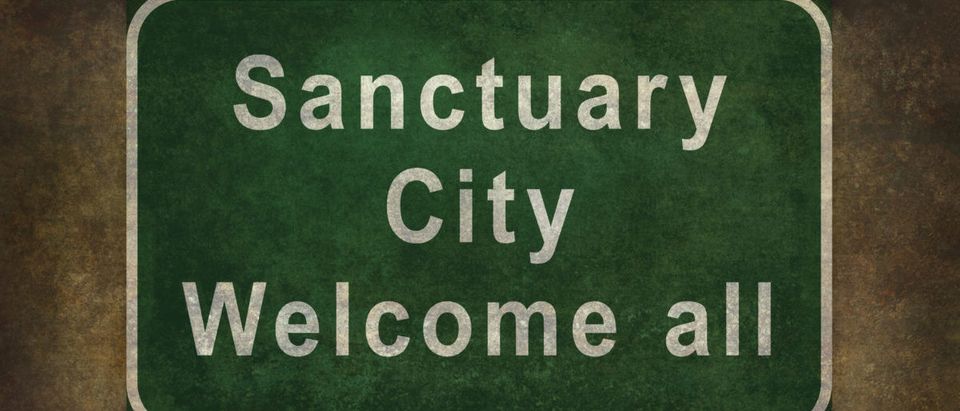This week, President Trump reiterated plans to bus illegal immigrant border crossers to sanctuary cities and states where law enforcement doesn’t cooperate with federal immigration authorities. “We’ll bring them to sanctuary city areas and let that particular area take care of it,” said Trump. “They say we have open arms, they’re always saying they have open arms, let’s see if they have open arms.”
Trump’s bussing idea is an attempt to expose the hypocrisy of pro-immigration states. But the message I received from residents in Holland, Michigan, Indianapolis, Louisville, and Nashville this week during a road trip was: Send some our way.
Those with political agendas like to portray the American heartland as struggling economically. But much of it is booming and in desperate need of labor. “We could use 10,000 of them here,” said a tradesman in Western Michigan. A restauranteur in Louisville told me he’s forced to run his establishment at half-capacity because he can’t staff several positions. Nashville — a.k.a. Boomtown USA — has “Help Wanted” signs everywhere, advertising for low-skilled positions needed to grease the city’s transition from second tier to first. One downtown convenience store is trying to fill six separate positions.
Some immigration opponents complain that “San Francisco values” are determining national immigration policy. “Louisville values” doesn’t have quite the same ring to it. If the I-65 corridor wants more immigrant workers, that doesn’t bode well for those who want to make the 2020 election a referendum on immigration.
Are perceptions different in the rural parts of these states that aren’t enjoying the same economic prosperity? Perhaps. I did see some local TV ads urging viewers to “support President Trump’s immigration policies” by calling a 1-800 number (with no corresponding website) that seem targeted to a certain demographic. Yet migrant workers tend to go where the jobs are, meaning they’re unlikely to settle in these areas.
New data backs up this perception that more migrant workers are needed. Last week, the Labor Department announced that there are 7.1 million available jobs in the country. To put that number in perspective, that’s more than the combined number of unemployed Americans plus the number of discouraged job seekers who have given up looking for work.
Given this labor market reality, even immigration restrictionists have moved on from the talking point that immigrants take Americans’ jobs. Instead, they’re doubling down on the claim that immigrants reduce wages. Last week, GOP senators introduced legislation to cut immigration levels in half, claiming the move would boost workers wages.
There are a lot of problems with the “wage stagnation” argument. Start with the fact that average wages, which are a mere snapshot of the labor market and do not track the wage increases of actual workers themselves, are actually growing at more than three percent annually. Then consider that average compensation, which includes healthcare, vacation, and retirement benefits, is rising at an even faster rate.
Any conservative or libertarian who says immigrants — not growing employment regulations and government-induced healthcare cost increases — are responsible for unspectacular wage growth needs to trade their Breitbart subscription in for Reason magazine.
The National Academy of Sciences, Harvard economist George Borjas, and some other researchers find that immigrants have a small effect on lowering the wages of Americans without a high-school diploma. But empirical evidence just doesn’t seem to back up this claim. If anything, the immigrant and wage correlation runs in the opposite direction: Less-skilled workers in the parts of the country with more immigrants enjoy faster wage growth, while those in parts with fewer immigrants suffer wage stagnation.
Outside of simplistic supply and demand models, It seems like immigrants boost wages in America in the same way that the 100 Americans who move to Nashville every day are boosting wages there.
This doesn’t mean that those of us who support more immigration also support the status quo at the border. President Trump and government officials on the ground are right that the current situation is unsustainable. But what if there were a way to allow migrants with job offers in the U.S. and clean background checks from Homeland Security to come work legally? Currently, there are almost no legal paths for low-skilled immigrants to come work legally in the U.S. to pursue the American Dream in the same way as our forefathers.
From what I see, the overwhelming majority of Americans would support expanding work visas. This should be a key pillar of any immigration reform compromise.
Jordan Bruneau is an immigration policy analyst in Los Angeles.



